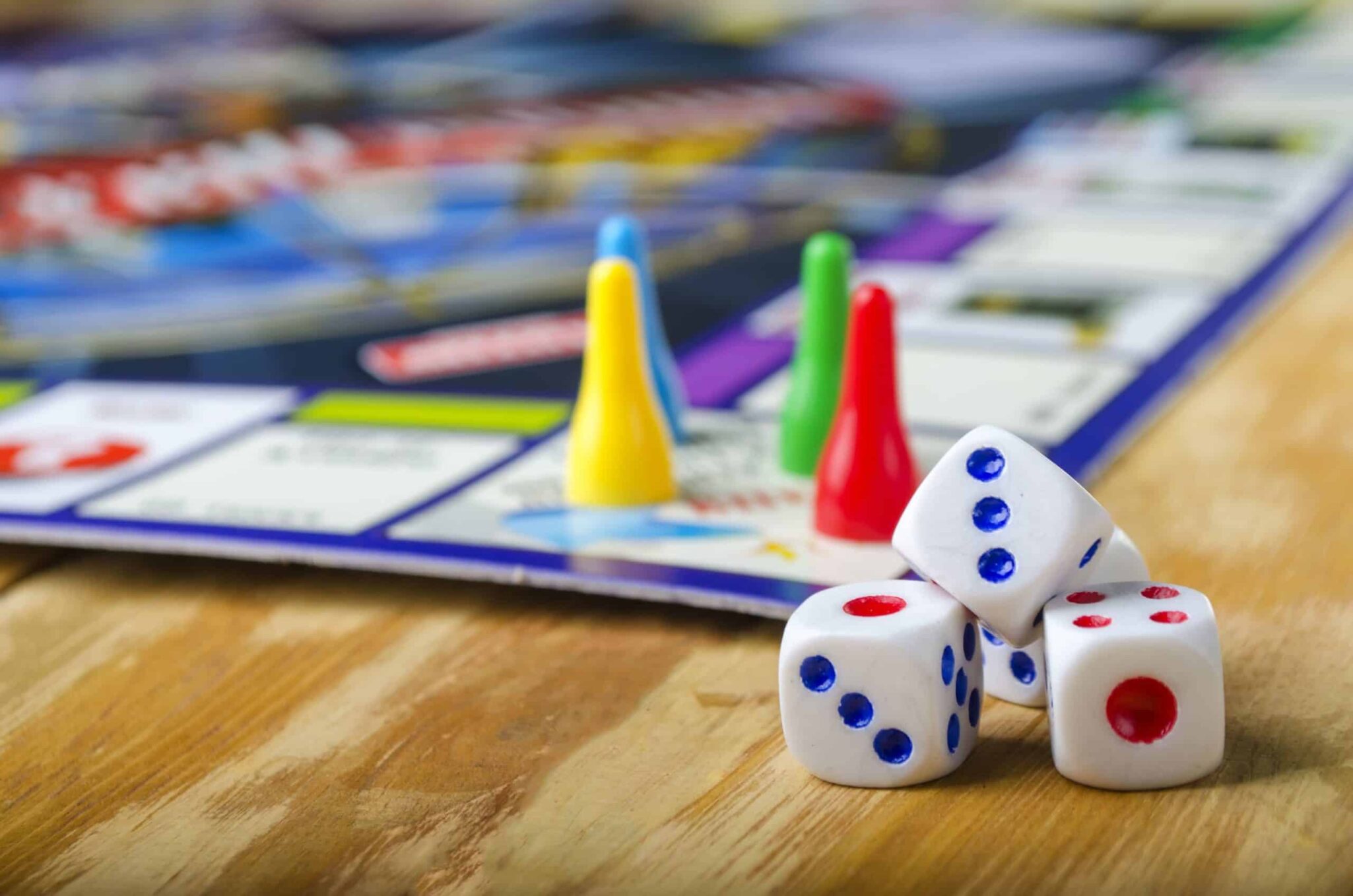Are You Game? (You Should Be!)

Isolated and bored can turn to engaged and board through the ironic resurgence of board games. With just about anything you want, including games, available at your fingertips through the wonders of modern technology, it’s refreshing and a bit surprising that traditional board games are again enjoying popularity in a very significant way. Statista.com reported that the global market of board games was estimated at $7.2 billion and is forecast to reach $12 billion by 2023. And this was before COVID-19 necessitated individuals and families to spend more time at home, looking for things to keep us busy and entertained.
Assistant Professor Zachary Horton of the University of Pittsburg, called the board game phenomenon a ‘renaissance.’ “The interest in board games is a retaliation against the ubiquity of digital media. People are looking for more engaged and social activities as they become more isolated by technology,” said Horton. “People crave that social connection-which makes the genre completely different than video games.”
Phrases like “Pass ‘go,’ do not collect $200,” and “Colonel Mustard in the library with a candelabra” were not the original gaming dialect, as the first games trace their roots to Ancient Egypt and Mesopotamia, 5,000 some years ago. Early games are thought to have been war and race games. The earliest multi-player board game, Mechen, dates back to 2770-2650 BCE, was named after a snake-god, and shaped like a coiled snake. Game pieces were shaped like lions…and perhaps the inspiration for modern-day game pieces such as the figurines used for Dungeons and Dragons.
The Predynastic Egyptian game Senet is featured on hieroglyphs and tombs in Egypt. In fact, Senet boards have been found placed in graves, with the thought that they’d help the deceased pass the time throughout the afterlife.
The printing press in the 15th Century spurred on new popularity for games, which became colorful and narrative based. Post-WWII launched a huge spike in board game popularity due to the economic boom.
There are several reasons that board games are so popular today.
- Board games are cross-generational. Not only that, but they’re universal on a broader scale, transcending not only generations, but language, culture, and abilities. In fact, playing games is considered by some to be the original social network.
- You can play board games at almost any time and practically anywhere.
- Humanity craves human interaction, even in (or especially in) our digital society.
- Board games make for great family nights, team building, and bonding.
Playing board games is not only fun…it’s also provides benefits to participants.
- Game playing is “like yoga for your mind.” It exercises your brain and helps keep our senses sharp. It stimulates the area of the brain relating to decision-making, problem-solving, strategic thinking, and memory.
- Leisure activities such as playing board games are linked to reduced chance of developing Alzheimer’s or other forms of dementia.
- Game playing strengthens the bonds with others and fosters cooperation (and competition!)
- Game playing reduces stress, and ideally, results in laughter.
- Game playing triggers the release of our body’s natural feel-good chemicals, endorphins.
Some fun facts about playing games include:
- The act of playing games is so popular that it’s become a verb…’ gaming.’
- Games are now included either as a theme or just an available opportunity at trendy restaurants, cafes, and coffee shops. In the Dallas area, destinations such as Common Ground Games and Barcadia Dallas offer the chance for people to connect, interact, and enjoy a cocktail or cup of coffee.
At Monticello West, we’ve been encouraging the comradery, friendly competition, and interaction provided by games, for a long time! We even have a dedicated Game Room. Of course, now we’re playing games while maintain appropriate social distancing. Check our activities calendars for games, including Wheel of Fortune, brainteasers, and brain games.
As the wise, Benjamin Franklin once said, “We do not stop playing because we grow old. We grow old because we stop playing”.




